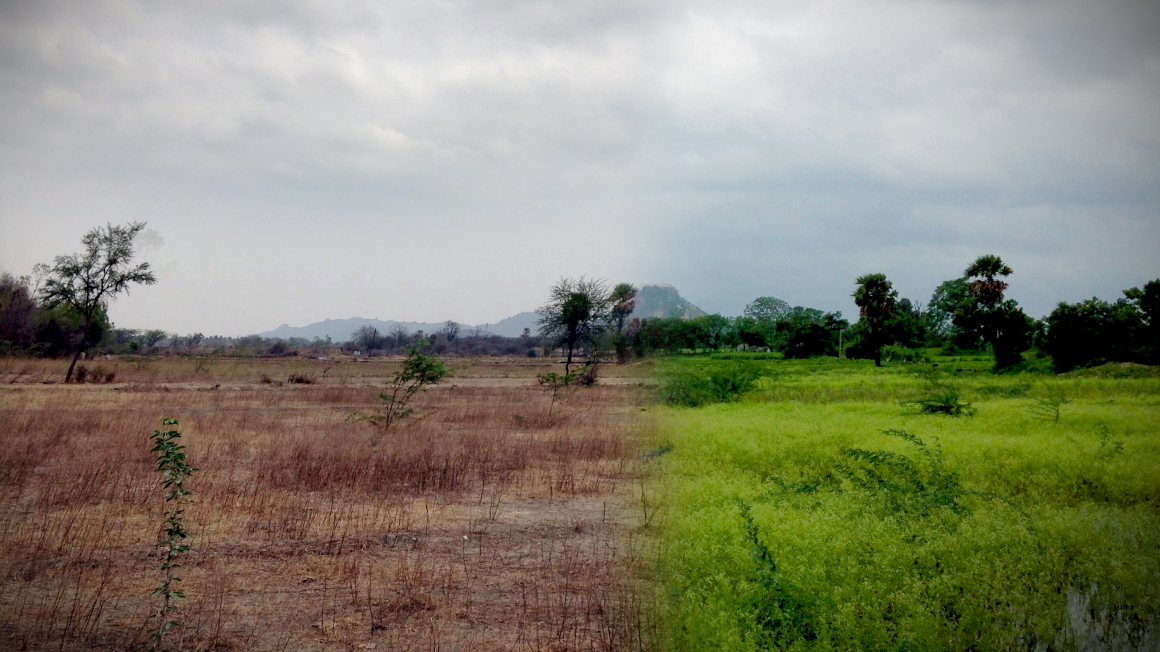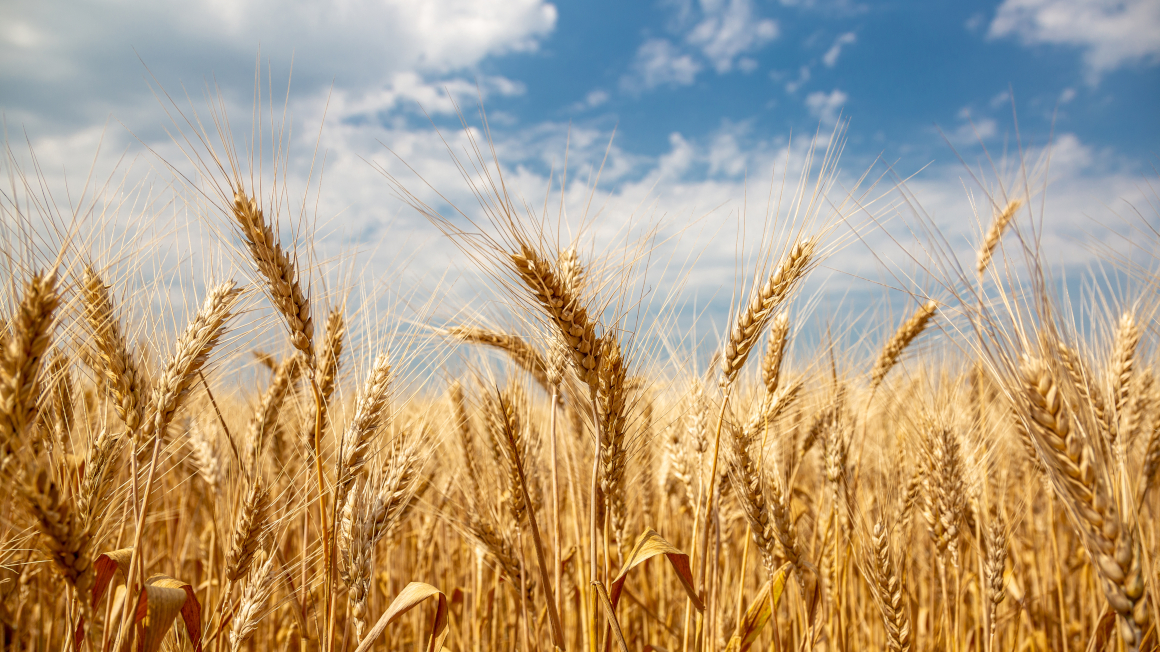Ecosystems become thirstier
The water dependence of plants and ecosystems as a result of climate change will increase significantly in some regions, according to a new study.

Plants need not only sunlight but also water from the soil to grow. However, the past three years of heat and drought have upset this necessary balance. The consequences are already manifold: in addition to crop failures, pests such as the bark beetle have decimated the tree population of forests in many places. A study by researchers from Germany, the Netherlands and Australia now shows what impact climate change will have on plants and ecosystems.
Water dependence increases
Simulations with climate models showed that energy and water availability for plants will change significantly due to climate change, affecting ecosystem functions and services. "We found that ecosystems around the world are becoming thirstier, they are becoming more dependent on water," says Jasper Denissen, a former doctoral student at the Max Planck Institute for Biogeochemistry in Jena and lead author of the study. According to the study, an additional 6 million square kilometers of vegetation will be affected by water availability in 2100 compared to 1980.
Central Europe identified as hotspot region
The researchers have identified so-called hotspot regions in which ecosystems will become water-dependent particularly quickly. This would affect large parts of central Europe, the Amazon and western Russia. However, water dependence occurs not only spatially, but also temporally, the team writes in the journal Nature Climate Change. According to the paper, the length of time ecosystems depend on water will increase by up to two months per year in nearly half of the study area. "It follows from these spatial and temporal shifts that plants depend on water in larger regions and during longer contiguous periods on Earth," says René Orth, also a lead author of the study.
Ecosystem stability and health at risk
Greater water dependence threatens the stability and health of ecosystems. Important functions for society could be restricted, the paper says. Consequences would include food and water shortages. Soils would also be less able to absorb the carbon dioxide released, making them less resistant to extreme weather such as heat and drought. With the help of the simulation, the researchers are able to show how different functions and services of ecosystems are linked to each other. This makes it easier to understand the effects of climate change on ecosystems. According to the researchers, this is the only way to plan possible adjustments to agricultural and forestry management and thus to preserve ecosystem functions and services for society.
bb


